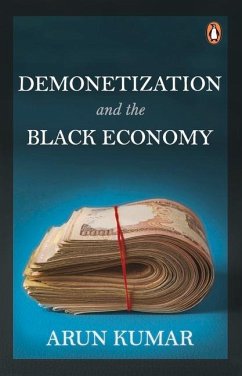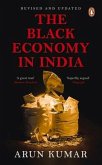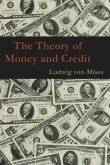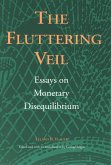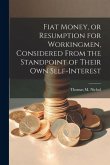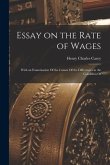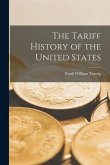On 8 November 2016, the prime minister announced the immediate cancellation of all Rs 500 and Rs 1000 denomination notes, wiping out 86 per cent of the currency in circulation. India's well-functioning economy went into a tailspin. This move, it was claimed, was made to wipe out corruption, deter the generation of black money, weed out fake Indian currency notes and curb terrorism. Overnight, people in India realized that the cash in their pockets had no value. A window of fifty days was granted to 1.3 billion people to convert their old notes into new ones.
Bitte wählen Sie Ihr Anliegen aus.
Rechnungen
Retourenschein anfordern
Bestellstatus
Storno

